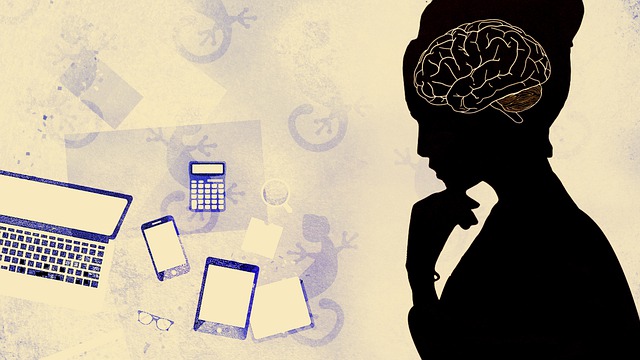Obsessive-Compulsive Disorder (OCD)
Obsessive-compulsive disorder (OCD) is a disorder in which people have recurring, unwanted thoughts, ideas or sensations (obsessions). To get rid of the thoughts, they feel driven to do something repetitively (compulsions). The repetitive behaviors, such as hand washing/cleaning, checking on things, mental acts (like counting), or other activities, can significantly interfere with a person’s daily activities and social interactions.
Many people without OCD have distressing thoughts or repetitive behaviors. However, these do not typically disrupt daily life. For people with OCD, thoughts are persistent and intrusive, and behaviors are rigid. Not performing the behaviors commonly causes great distress, often attached to a specific fear of dire consequences (to self or loved ones) if the behaviors are not completed. Many people with OCD know or suspect their obsessional thoughts are not realistic; others may think they could be true. Even if they know their obsessional thoughts are not realistic, people with OCD have difficulty disengaging from the obsessive thoughts or stopping the compulsive actions.
A diagnosis of OCD requires the presence of obsessional thoughts and/or compulsions that are time-consuming (more than one hour a day), cause significant distress, and impair work or social functioning.
Obsessions are recurrent and persistent thoughts, impulses, or images that cause distressing emotions such as anxiety, fear or disgust. Many people with OCD recognize that these are a product of their mind and that they are excessive or unreasonable. However, the distress caused by these intrusive thoughts cannot be resolved by logic or reasoning. Most people with OCD try to ease the distress of the obsessional thinking, or to undo the perceived threats, by using compulsions. They may also try to ignore or suppress the obsessions or distract themselves with other activities.
Examples of common content of obsessional thoughts:
- Fear of contamination by people or the environment
- Disturbing sexual thoughts or images
- Religious, often blasphemous, thoughts or fears
- Fear of perpetrating aggression or being harmed (self or loved ones)
- Extreme worry something is not complete
- Extreme concern with order, symmetry, or precision
- Fear of losing or discarding something important
- Can also be seemingly meaningless thoughts, images, sounds, words or music.
Compulsions are repetitive behaviors or mental acts that a person feels driven to perform in response to an obsession. The behaviors typically prevent or reduce a person’s distress related to an obsession temporarily, and they are then more likely to do the same in the future. Compulsions may be excessive responses that are directly related to an obsession (such as excessive hand washing due to the fear of contamination) or actions that are completely unrelated to the obsession. In the most severe cases, a constant repetition of rituals may fill the day, making a normal routine impossible.
Examples of compulsions:
- Excessive or ritualized hand washing, showering, brushing teeth, or toileting
- Repeated cleaning of household objects
- Ordering or arranging things in a particular way
- Repeatedly checking locks, switches, appliances, doors, etc.
- Constantly seeking approval or reassurance
- Rituals related to numbers, such as counting, repeating, excessively preferencing or avoiding certain numbers
- People with OCD may also avoid certain people, places, or situations that cause them distress and trigger obsessions and/or compulsions. Avoiding these things may further impair their ability to function in life and may be detrimental to other areas of mental or physical health.

